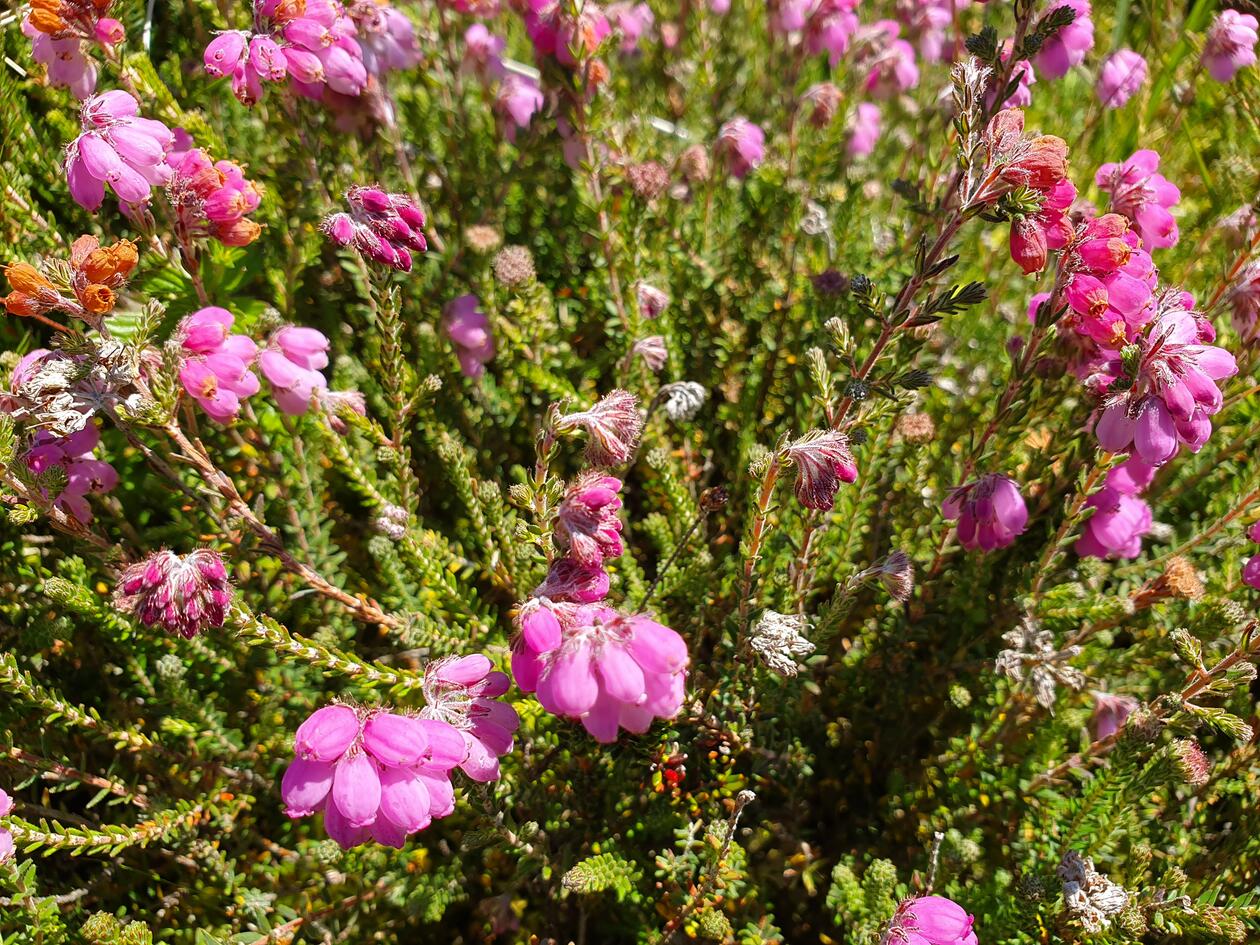UiB in global initiative to prevent species extinctions
“We must pull together as a global community to limit ongoing loss of biodiversity” says Michael Pirie, of UiB’s University Gardens.

Main content
The Bergen University Gardens, in collaboration with Botanic Gardens Conservation International and leading Botanic Gardens, seed banks, Universities, and botanical societies across Africa, Europe, the US and Australia, are coordinating an international effort aimed at preventing species extinctions in an iconic and diverse group of flowering plants: the heaths, genus Erica.
“The Global Conservation Consortium for Erica allows us to focus international botanical, horticultural, and conservation expertise on preserving biodiversity at its most fundamental level: preventing species extinctions”, says Michael Pirie, of UiB’s University Gardens.
Habitat destruction and other human-caused changes to the natural environment severely impact the diversity of both plant and animal life. This impact is often greatest in so-called “biodiversity hotspots”, areas of the world such as the Amazon, tropical mountains, and Mediterranean climate zones, in which the concentration of species richness is particularly high.
"South Africa’s Cape Floristic Region (CFR) is a striking example, home to a remarkable diversity of species found nowhere else in the world. There are over 700 different species of Erica in the CFR (compared to just two in Norway), and a shocking proportion of those are threatened with extinction", says Pirie.
Many biodiversity hotspots, like the CFR, are in areas closer to the tropics. However, specialists in particular species and techniques are found across the world.
"It is a moral imperative for countries in regions of lower biological diversity - including Norway - to pull their weight when it comes to preserving unique and irreplaceable biological resources worldwide. By working together with our counterparts in South Africa and beyond, UiB will help preserve biodiversity for the benefit of future generations", Pirie states.


